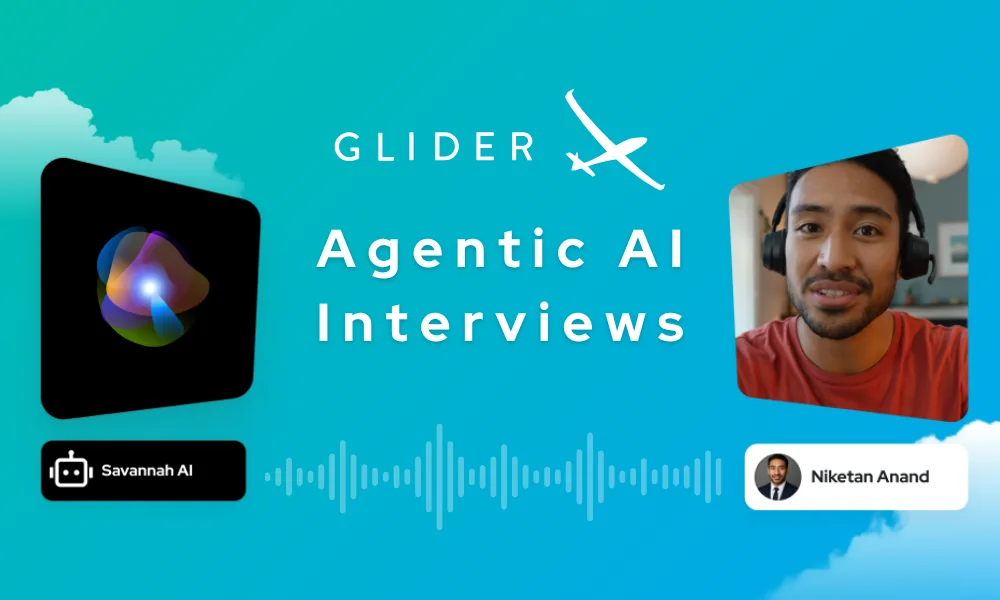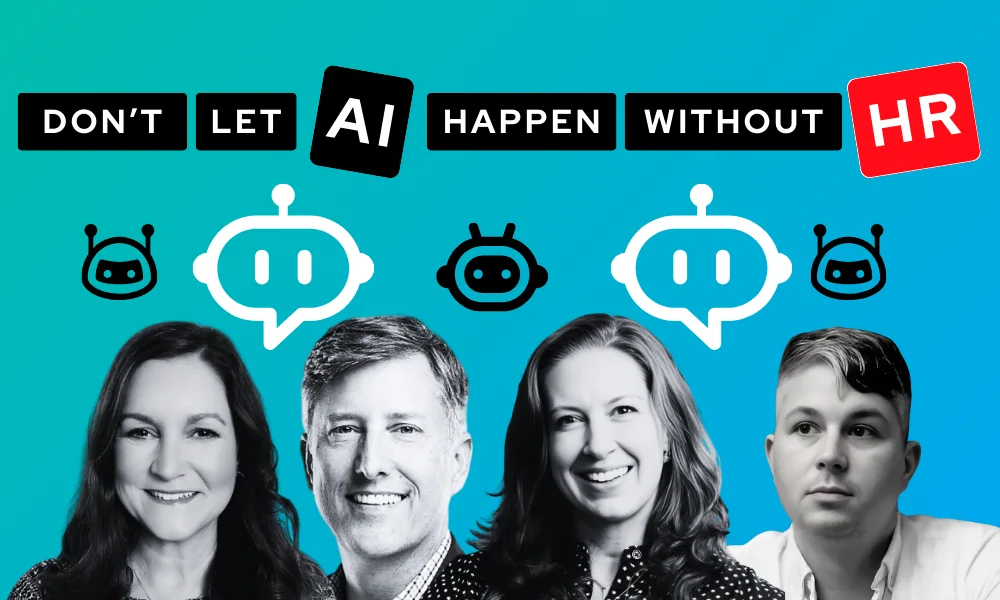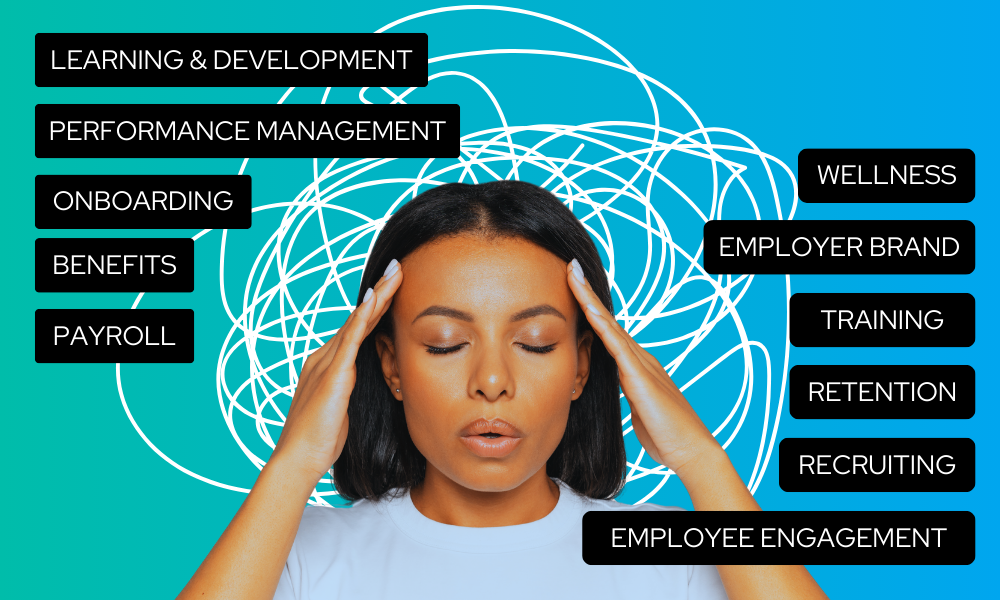The quest for top talent is ever more intense, especially in areas like technology. This talent shortage combined with the escalating costs of hiring has led many companies to use artificial intelligence (AI) to make their recruitment strategy more efficient.
AI-driven assessments and algorithms are transforming talent acquisition by automatically verifying candidates. In this blog, we explore how neural networks are reshaping candidate selection to refine recruitment and help companies quickly zero in on the ideal candidates.
AI screening
AI recruitment shortens the initial screening process by automatically identifying the most promising applicants based on their resumes and profiles.
- Keyword analysis – AI can scan for keywords matching the job description and then automatically shortlist candidates for further evaluation.
- Skill matching – Beyond simple keyword scanning, this technology can also analyze resumes for language and content to find candidates who align well with the role’s specific requirements.
- Eliminating bias – AI has the potential to foster a more inclusive and equitable hiring strategy because it focuses on qualifications and skills, not on subjective factors like a candidate’s gender or alma mater.
AI skill validation
AI technology can accurately assess and confirm a candidate’s capabilities through innovative testing and evaluation methods.
- Skill assessments – AI-powered assessments can be designed to objectively evaluate a candidate’s skills through tests, which can be gamified or adaptive to adjust difficulty based on the candidate’s responses.
- Coding challenges – AI can administer coding tests on online platforms to determine if candidates can analytically and creatively solve complex real-world problems.
- Video interviews – During pre-recorded or live video interviews, AI can help analyze a candidate’s responses for keywords and even facial expressions (with ethical considerations).
AI proctoring
By using advanced monitoring algorithms to detect and prevent dishonest practices, AI proctoring introduces a layer of integrity and security to the evaluation process.
- Preventing cheating – AI-powered plagiarism detectors can scan answers against extensive online databases to detect plagiarism. Behavioral AI can also monitor for irregular mouse movements or keystroke patterns that may indicate dishonest practices. To prevent cheating, AI proctors can be used to complement human proctors in observing test-taking behaviors in real-time.
- Facial and audio analysis – Advanced AI tools can now analyze facial expressions and speech patterns during assessments to infer emotions, personality traits, or dishonesty to give recruiters a more nuanced view of the candidate’s authenticity and fit.
Automation
By automating repetitive recruitment tasks, AI improves screening efficiency so that recruiters can concentrate on more strategic functions.
- Resume parsing – AI can extract and structure data from resumes, making it easier to compare and search candidates based on factors such as their skills, experience, and education.
- Interview scheduling – AI-driven platforms can coordinate interviews by automatically matching candidate and interviewer availability.
- Candidate engagement – Do you deal with large volumes of applications? AI chatbots can improve your recruitment plan and strategy by instantly answering candidates’ questions, and keeping them engaged and informed throughout the hiring process.
Leveraging big data
Looking to identify trends, predict candidate success, and refine your team’s hiring decisions? AI can quickly analyze vast datasets of recruitment data to do exactly that. With this data-driven approach, your organizations can continuously improve recruitment processes and outcomes.
Privacy and ethical considerations in AI recruitment
Even though it’s rapidly advancing, AI is still a fairly new technology with privacy and ethical loopholes. It’s important to be aware of them if you intend to use AI in your recruitment strategy:
- AI algorithms risk replicating existing biases from their training data, which can unintentionally lead to discrimination. Conduct regular bias audits and maintain human oversight in key decisions to minimize this problem.
- To mitigate privacy risks associated with collecting and storing candidate information, it’s crucial to anonymize sensitive data and consistently update security measures to align with evolving data protection laws. Additionally, it’s essential to communicate clearly with candidates about the use, storage, and processing of their data, offering transparent options for accessing, modifying, or deleting their information.
Conclusion
AI recruitment technology is getting better by the day. However, it’s important to remember that it’s a support tool — not a replacement for human judgment and expertise. Human involvement is still crucial for setting goals and interpreting AI outcomes. Nothing can replace human insight when making final hiring decisions and ensuring ethical compliance.
If you’re interested in incorporating AI into your recruitment strategy, check out Glider. Schedule a demo to see how it can put your hiring process on autopilot.
FAQs
1. What is AI screening in the context of recruitment, and how does it work?
AI screening uses machine learning algorithms to analyze application materials (such as resumes and cover letters) and massive recruitment datasets to identify qualified candidates.
2. How has artificial intelligence become a trend in recruitment?
The need to shorten hiring times and manage vast applicant volumes drives AI adoption.
Forward-thinking companies also want to harness AI technology’s future potential, as machine learning improvements continue to enhance its accuracy.
3. What are some potential ethical and privacy considerations when using AI in recruitment?
- Bias – AI algorithms can perpetuate biases present in the data they’re trained on, leading to discriminatory outcomes.
- Data privacy – Using candidate data raises privacy and misuse concerns.
4. How can automation streamline the recruitment process, and what tasks can be automated?
- Resume screening – Efficiently filter resumes against set criteria
- Interview scheduling – Organize interviews based on availability and preferences
- Pre-employment testing – Conduct and evaluate skills and personality assessments
- Communication –Personalize candidate interactions and respond to queries
5. Are there specific industries or roles where AI technology is particularly beneficial for hiring top talent?
AI can efficiently manage large applicant pools for roles (such as customer service or sales). It can also analyze technical skills and experience from resumes and online profiles.



